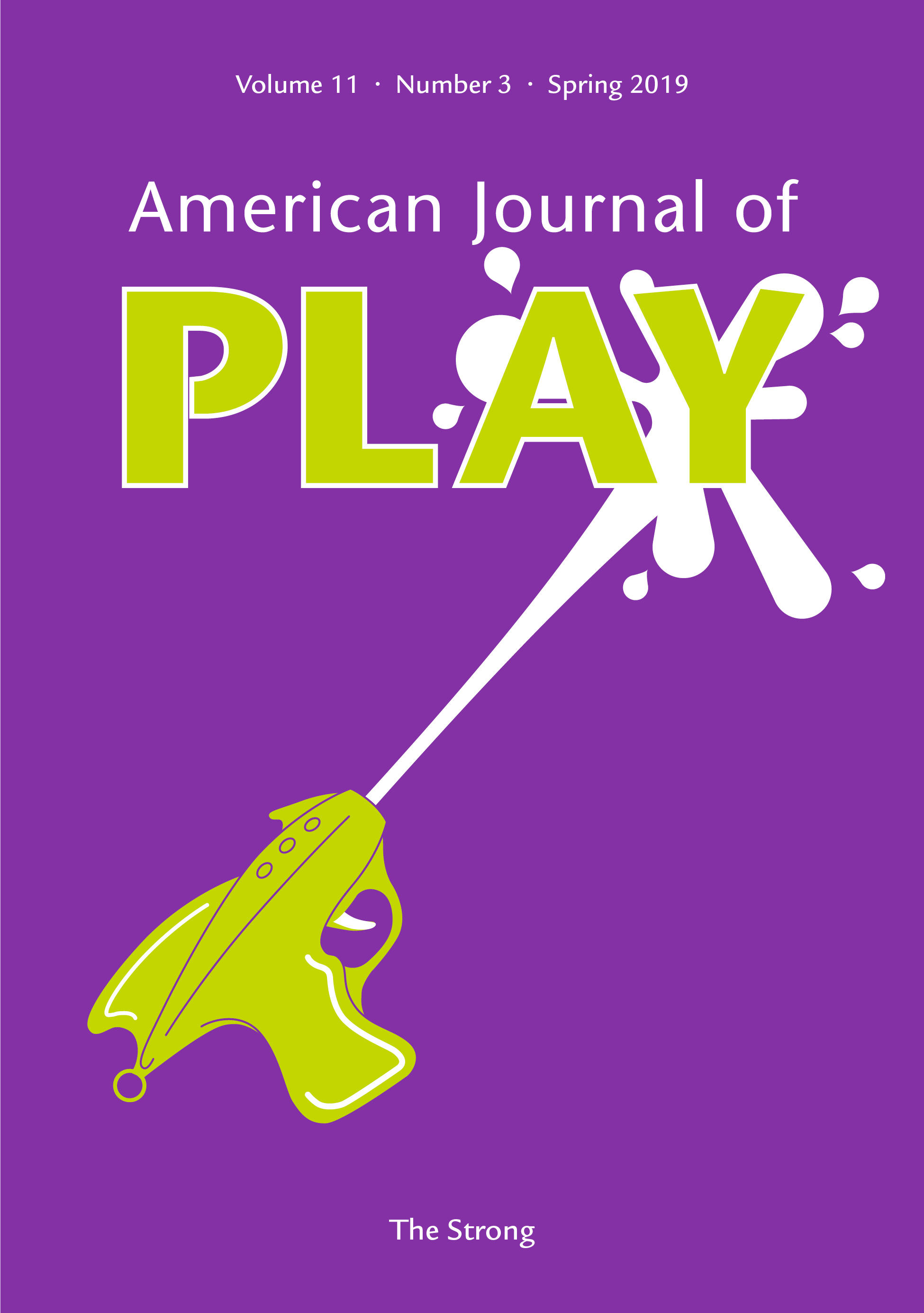Reflections on Roughhousing and Living Playfully: An Interview with Anthony T. DeBenedet
Anthony T. DeBenedet, M.D. is a practicing physician in Ann Arbor, MI, and a behavioral-science enthusiast. His interviews and writings have appeared in the New York Times, the Washington Post, TIME Ideas, on the Today show, and elsewhere. He is the author of Playful Intelligence: The Power of Living Lightly in a Serious World (2018), a book about the surprising ways that playfulness affects adulthood; and he coauthored The Art of Roughhousing: Good Old-Fashioned Horseplay and Why Every Kid Needs It (2011), a book about the importance of parent-child physical play in parenting. DeBenedet has a B.S. in biomedical engineering from Duke University, an M.S. in health and health care research from the University of Michigan, and an M.D. from the University of Virginia. He completed his internal medicine residency and gastroenterology fellowship at the University of Michigan Health System. Key words: adult playfulness; emotional intelligence; playful intelligence; rough-and-tumble play; roughhousing; social play; Sasuke





